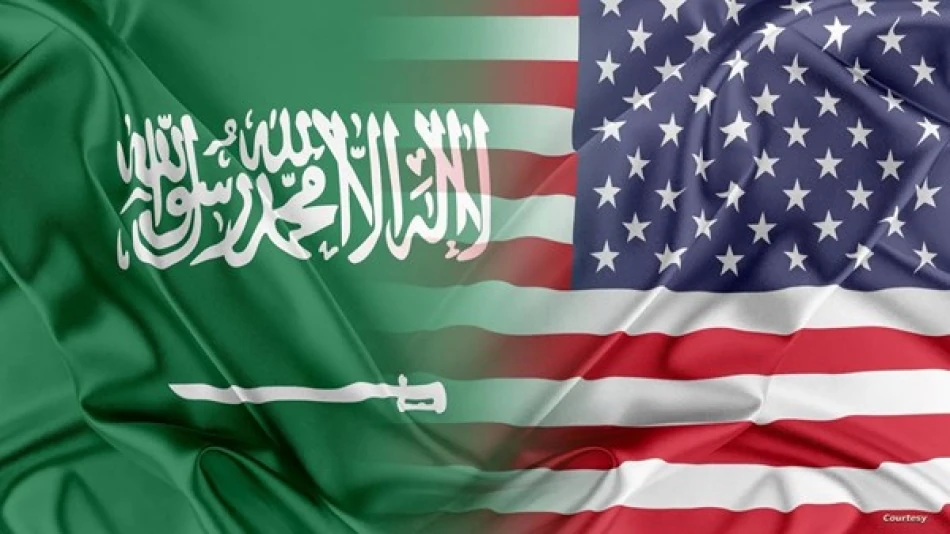
Saudi and US Defense Ministers Discuss Efforts to Achieve Global Stability
Saudi-US Defense Partnership Deepens as Ministers Discuss Regional Security Strategy
Saudi Defense Minister Prince Khalid bin Salman and his newly appointed American counterpart Pete Hegseth held their first official phone conversation, signaling continuity in the strategic defense partnership between Riyadh and Washington despite the recent change in US administration. The discussion focused on regional stability efforts and expanding bilateral defense cooperation within their existing strategic framework.
Strategic Timing Amid Regional Tensions
The phone call comes at a critical juncture for Middle Eastern security, with ongoing conflicts in Gaza, Yemen, and broader Iran-related tensions affecting regional stability. Saudi Arabia has positioned itself as a key stabilizing force in the Gulf, while maintaining its decades-long defense relationship with the United States despite occasional diplomatic friction over issues like human rights and oil policy.
Prince Khalid bin Salman, who previously served as Saudi Arabia's ambassador to Washington, brings deep understanding of US-Saudi relations to his current role. His conversation with Hegseth represents an early test of how the new US administration will approach its Gulf partnerships.
Defense Cooperation Beyond Arms Sales
Expanding Strategic Partnership
The ministers discussed opportunities to develop their defense partnership beyond traditional arms transactions. This reflects Saudi Arabia's Vision 2030 goals of building domestic defense manufacturing capabilities while maintaining strong international partnerships. The kingdom has been actively pursuing technology transfers and joint development projects rather than simple procurement deals.
Regional Security Architecture
Both nations share concerns about Iran's regional influence and proxy activities, making defense cooperation a natural extension of their broader strategic alignment. Saudi Arabia's role in regional coalitions, from the Arab NATO concept to Gulf Cooperation Council initiatives, positions it as America's primary partner in Gulf security matters.
Implications for Defense Markets and Policy
For defense contractors and investors, continued Saudi-US cooperation signals sustained demand for advanced military systems and technology. The kingdom remains one of the world's largest defense spenders, with its military budget exceeding $75 billion annually. Strong bilateral ties typically translate into major contracts for American defense companies, from missile systems to cybersecurity solutions.
The emphasis on partnership development rather than just equipment sales suggests a maturing relationship that could weather political changes in both countries. This stability is crucial for long-term defense planning and industrial cooperation between the two nations.
Broader Geopolitical Context
The conversation reflects America's continued commitment to Gulf security despite its strategic pivot toward Asia-Pacific competition with China. Saudi Arabia, meanwhile, has been diversifying its international partnerships while maintaining its core alliance with Washington. This balancing act requires careful diplomatic management, particularly as regional dynamics continue evolving.
The ministers' focus on "mutual interests" indicates both sides recognize the need for pragmatic cooperation despite occasional disagreements on other issues. This approach has characterized Saudi-US relations for decades and appears set to continue under the current leadership in both countries.
Most Viewed News

 Layla Al Mansoori
Layla Al Mansoori






